Rosehill: democracy reborn
The Rosehill Convention of the NSW Liberal Party may go down in history as the beginning of a great and peaceful revolution – the liberation of Australia from the rule of the cabals of powerbrokers, lobbyists and a careerist political elite who have captured our principal political parties. The consequence of this capture is that there are few problems today which, if not created by the politicians, have not been made worse by them. Despite attempts to make it difficult for the rank-and-file and easy for cabal staff to attend, the Abbott Warringah motions went through in a landslide.
Worse for the cabal, their last-ditch attempt to protect sitting politicians was defeated, again in a landslide. When implemented, every member can have a voice in preselections and will no longer be limited ‘to turning up, paying up and shutting up’’. The cabal’s biggest mistake was to expose their modus operandi to Major General Jim Molan. His reaction was guided by that old military saying, ‘What you walk past, you condone.’ It is against his nature to walk past.
The line-up of speakers was formidable, led by Molan, Walter Villatora and Tony Abbott himself. Present in spirit were two long-term warriors in the battle for democracy, John Ruddick (see page ix in this week’s issue) and that erudite TV classicist Ross Cameron. The cabal’s principal but spurious argument against democratisation, delivered by lackeys, was that it would lead to branch stacking − a skill with which the cabal is notoriously endowed. The biggest was in 2004 when the Wentworth branches were reported to have more members than the rest of NSW, surely a record. In any event, there is a powerful safeguard – two years’ membership. Ruddick, the warrior, has given the cabal a deadline of three months to enact the reforms. Obviously, no general (apart from the former US commander-in-chief) reveals what will be the consequences of non-delivery.
The convention had no formal power, but neither did the États généraux at Versailles as the National Assembly, nor the Continental Congress at Philadelphia when they proclaimed the Declaration of Independence, nor, arguably, the Convention Parliament at Westminster in the Glorious Revolution. Nor indeed did our Corowa Conference whose celebrated Plan called for the transfer of the Federation project from the squabbling and ineffective politicians to an empowered people. The result was that in a remarkably civilised process completed in less than four years, without modern technology and with referenda and an Imperial Parliament, the Australian people achieved the only continental union in history.
We may similarly look back on Rosehill 2017 as the beginning of the revival of democracy in Australia. Our principal political parties must now be dragged, not so much into the 21st century, but in comparison with other democratic countries, into the 20th century.
The next step must be what is done in almost every other major party in comparable countries; have the rank-and-file elect the leader. Never again should this be left to a party room dominated, as it never was in the golden days of Australian democracy, by a self-interested careerist political elite, Alan Jones’ ‘bedwetters’.We are well past the time when political parties should be required, just as they require companies and firms dealing with government, to perform properly and with integrity. In return for the cornucopia of financial and legal privileges they have awarded themselves, they must be required, by law, to be open, transparent and democratic.
What is needed in Australia is another Corowa, a Rosehill writ large, a convention directly elected by the people and unpaid, one to restore the governance of the nation to proper and acceptable standards, one making the politicians truly accountable. This could be achieved by developing further the revolutionary insertion of direct democracy into our Constitution whereby the people must approve any constitutional change, a provision hitherto thwarted by an unholy alliance between delinquent politicians and activist judges.
The leader writer in the Australian (24/7) has admitted that ‘like most Australians’, he never envisaged that with the taxpayers’ $49 billion, the Turnbull NBN would end up delivering slower internet speeds. (The Rudd NBN would have cost $79 billion.) Anyone who has grown out of that ubiquitous youthful socialist phase knows that anything undertaken by government, which can be possibly done by the private sector, will be a disaster. Not only will it be hopelessly inefficient, vast amounts of taxpayers’ money will be poured down the drain. And that, in a nutshell, is what the struggle for the soul of the Liberal party is all about.
Once again Theresa May demonstrates she’s no Margaret Thatcher. She supports allowing people to change their sex (to remove sex from biology, the Left says ‘gender’) by statutory declaration. So when dangerous and powerful men do this to access women’s toilets and dressing rooms, will she change her mind? Convicted for raping two girls, one Martin Ponting has just had a taxpayer-funded £10,000 sex-change operation, transferring to a women’s prison as Jessica Winfield. Perhaps Mrs May just wants to save money.
Never have we been governed so badly – that seems a universal view. So beware of politicians when they offer solutions, always described as ‘reforms’. To suggest four-year federal terms (eight years for senators) as a solution is laughable. The change in New South Wales was followed by governments whose performance was so poor the Governor was inundated with demands that they be dismissed. The solution is not longer tenure. The solution is to make politicians accountable 24/7, as described above and exists in Switzerland. Accountability always improves performance.
Got something to add? Join the discussion and comment below.
Get 10 issues for just $10
Subscribe to The Spectator Australia today for the next 10 magazine issues, plus full online access, for just $10.
You might disagree with half of it, but you’ll enjoy reading all of it. Try your first month for free, then just $2 a week for the remainder of your first year.

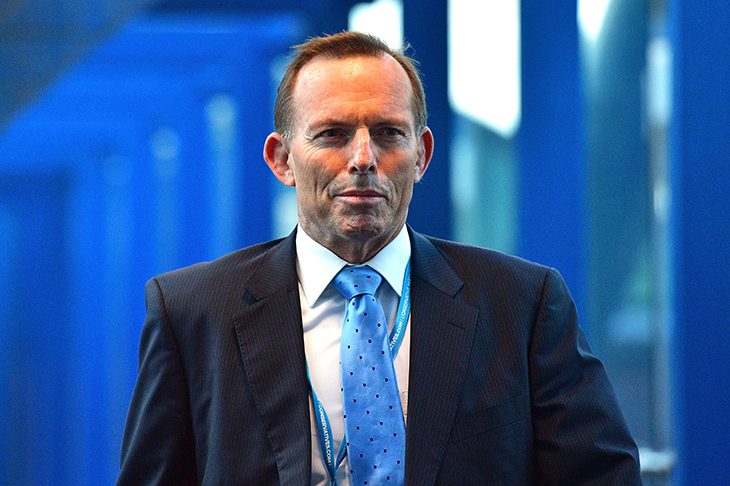
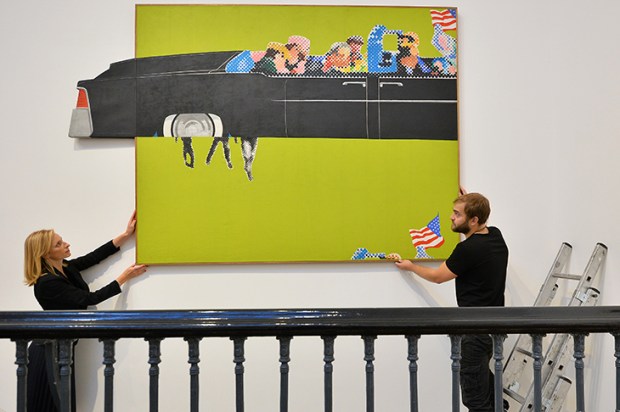
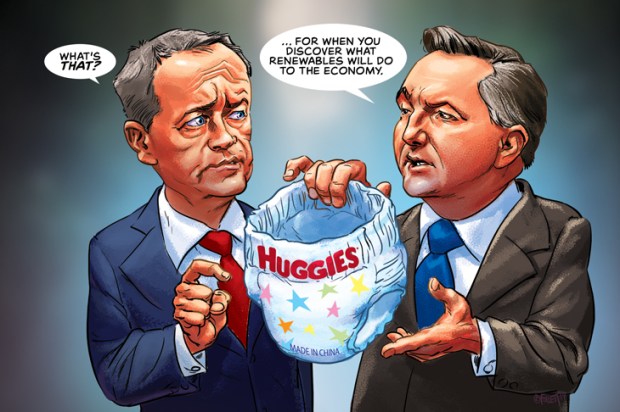

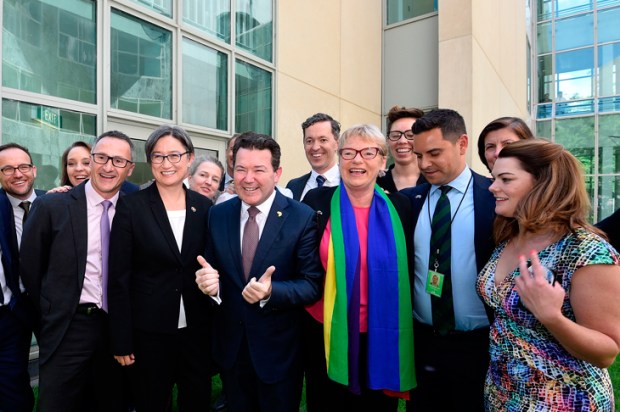
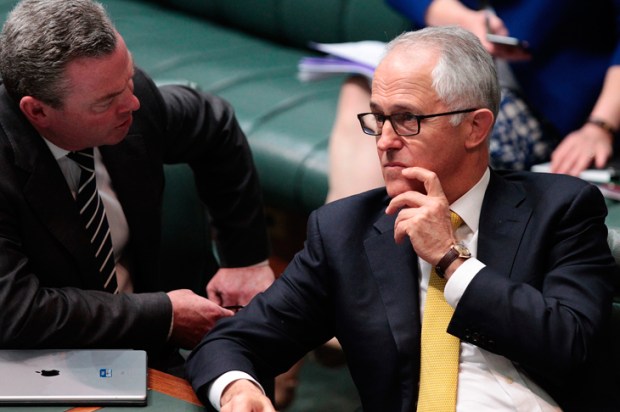
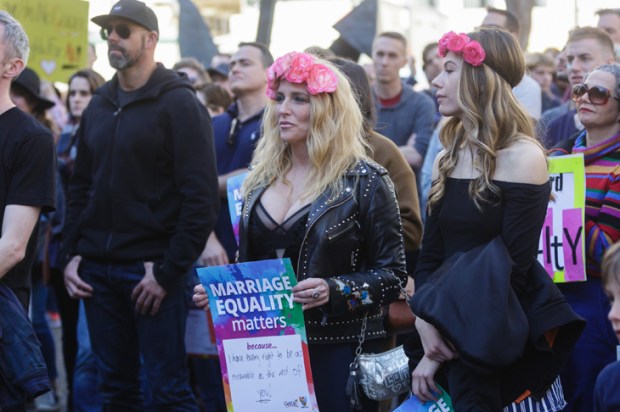






Comments
Don't miss out
Join the conversation with other Spectator Australia readers. Subscribe to leave a comment.
SUBSCRIBEAlready a subscriber? Log in